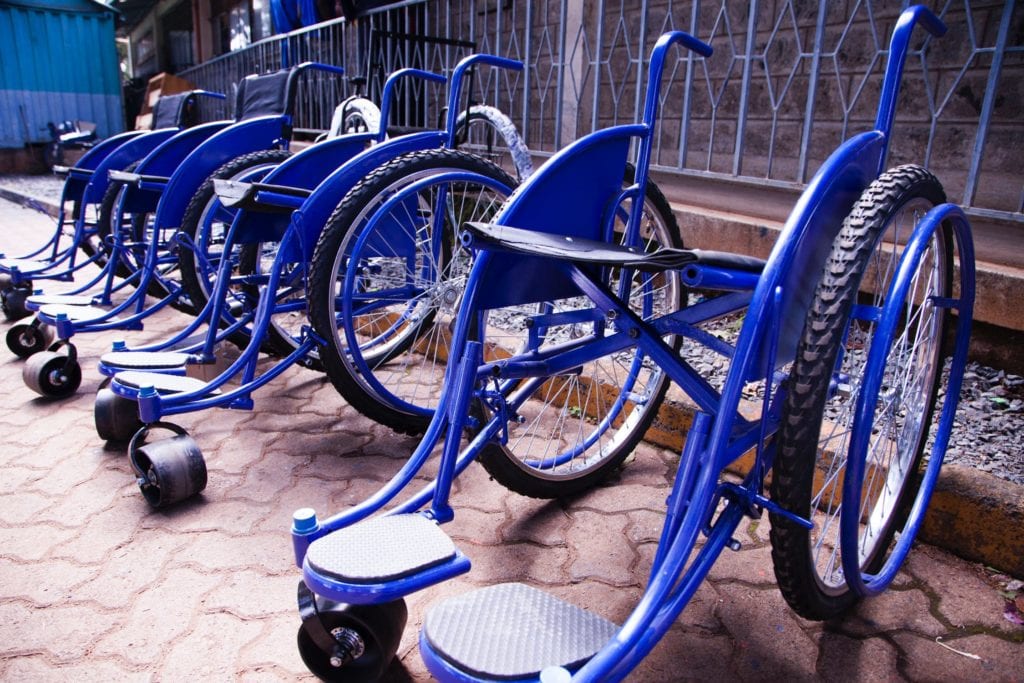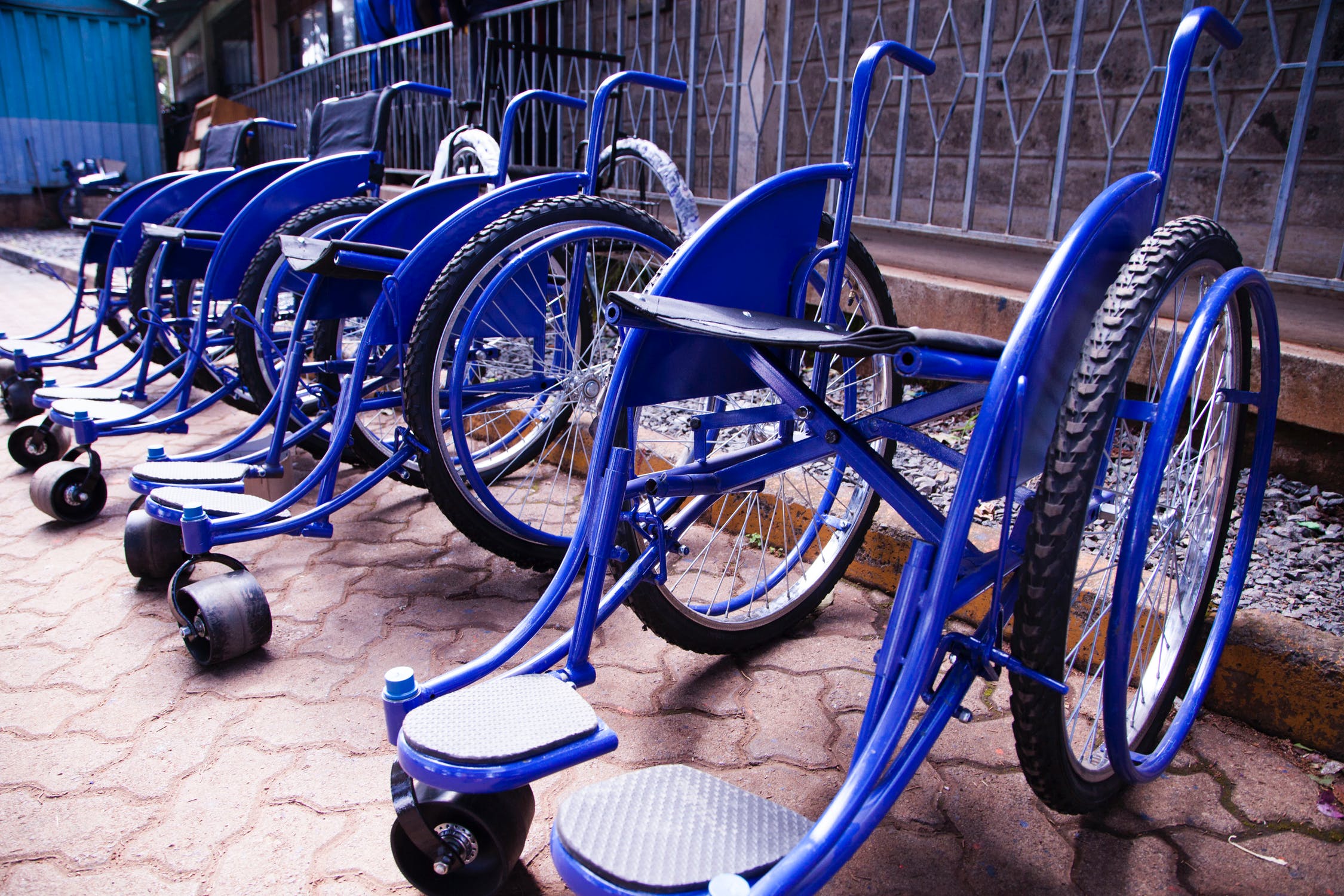
Over 43 million adults in the United States provide care for a family member or friend who is chronically ill, elderly, or disabled. Caring for a loved one can be incredibly overwhelming and challenging, especially when that loved one has a disability that affects their ability to communicate or live independently.
If you’ve recently become a caregiver for someone with a disability, read on to learn how you can help improve their quality of life while also maintaining your own physical and mental health.
1. Do Your Research
One of the best things you can do when you agree to be a caregiver is to make sure you know as much as possible about your loved one’s disability.
Do your research and learn all you can about how it affects them, potential complications that you may have to deal with, and how other caregivers who care for someone with the same disability handle common situations.
If possible, it can also be beneficial to observe a caregiver who cares for someone with the same disability as your loved one. This will help you see what kinds of behaviors you want to emulate or avoid, and you’ll have a better idea of what to expect on a day-to-day basis.
2. Upgrade the House as Much as Possible
When you’re caring for a loved one with a disability, depending on their specific limitations, you may have to do a lot of hands-on work to help them get from one room to the next. This puts a lot of physical strain on you.
If at all possible, try to make some upgrades to your home — or theirs — to make it more disability-friendly. Some good safety measures to implement include:
- Installing ramps or chairlifts
- Fitting the bed with bed rails for extra support at night
- Installing grab bars in the bathroom to prevent falls
- Lowering light switches for easier access
If you don’t have the money for these kinds of upgrades, consider looking into home modification grants specifically meant to help people with disabilities. If those aren’t available to you, you can at least take steps to clear clutter and eliminate obstacles that increase your loved one’s risk of tripping and falling.
3. Empower Your Loved One
When you’re first getting started caring for a loved one, it’s tempting to want to do everything for them. While it may be more efficient for you to do things yourself, remember that it’s important to empower them and focus on what they can do for themselves. This also encourages independence and helps you avoid feeling overwhelmed or overworked.
Some tips for empowering your loved one and promoting independence include:
- Teach them and give them space to perform simple tasks themselves
- Ask if they need help instead of jumping in and taking over
- Let them speak for themselves when someone asks questions about how they’re doing
4. Advocate for Them Outside the Home
It’s generally easier to make sure your loved one is cared for inside the home and outside. In order to make sure your loved one is safe when you venture out, whether it’s for a doctor’s appointment or a simple lunch date, keep these tips in mind:
- Ask questions ahead of time to make sure your destination can accommodate your loved one
- Talk to other caregivers (such as medical or dental staff) about your loved one’s conditions and specific needs
- Document their medical history and keep all information current
- Familiarize yourself with information like the Americans with Disabilities Act and the Family Medical Leave Act and know how to apply them to your specific situation
5. Know How to Spot Signs of Caregiver Burnout
Finally, it’s important to also pay attention to yourself and know when you’re exhibiting signs of caregiver burnout. Some signs to be on the lookout for include:
- Mood swings
- Low energy levels
- Feeling resentful toward your loved one
- Insomnia
- Over- or undereating
- Losing interest in hobbies or things you used to enjoy
If these signs start to present themselves, look for ways to relieve stress and cope with your feelings. This might mean talking to another loved one or recruiting extra help so you can take a break from your caregiving duties.
It’s easy to feel guilty when you start experiencing caregiver burnout. But, remember that, in order for you take proper care of your loved one, you need to take proper care of yourself.
